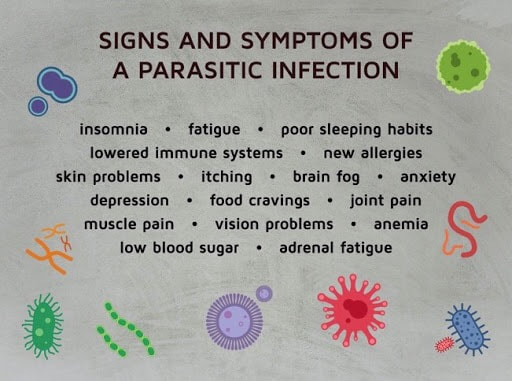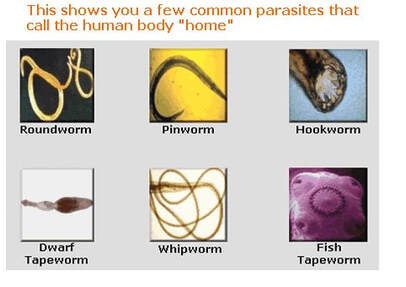|
A parasite is an organism that lives on or in a host organism and gets its food from or at the expense of its host. There are three main classes of parasites that can cause disease in humans: protozoa, helminths, and ectoparasites.
There are several parasites in the environment and when they get into a person's body, his/her health can be affected. Parasite infections are quite common -- especially in children who are more likely to come into contact with dirt and surfaces hosting the organisms. The severity of a parasitic infection varies based on many factors including the type of parasite and the individual's age, immune system health, and how long the infection persists prior to diagnosis. Parasite infections can cause a range of symptoms, many of which are not exclusive to this ailment. Parasites worms can invade your bodies through contaminated food and water intake, through a transmitting agent (like a mosquito), sexual conduct or through the nose and skin and some live on the skin and the hair. Once established, they will eat the same foods you eat or they will eat you.
0 Comments
|


